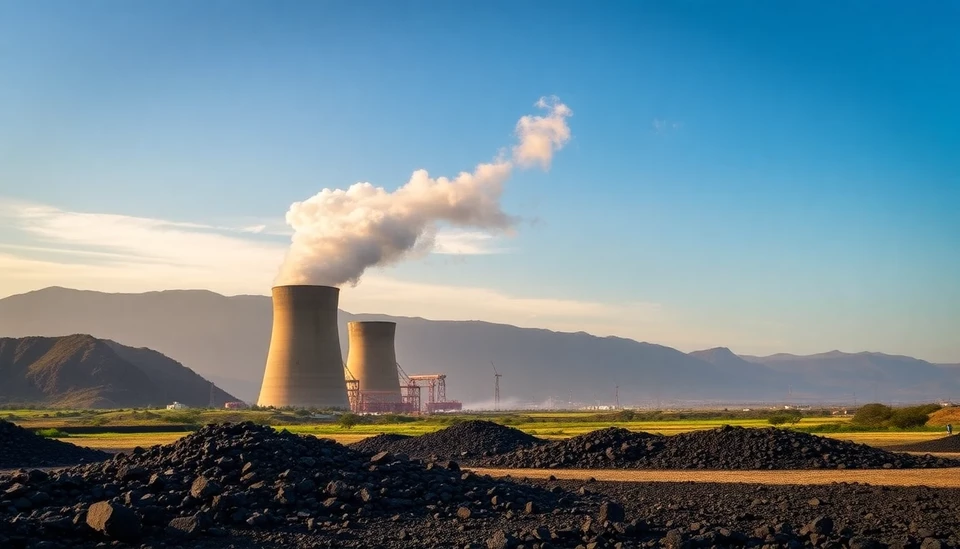
Despite the urgent global push towards sustainable energy, South Africa continues to emphasize the operation of its coal-fired power plants. This decision comes at a critical juncture as the nation seeks to secure billions in international climate financing to support its transition to more renewable energy sources.
Recent reports indicate that South Africa is seeking over $8 billion in climate finance, as it grapples with the dual challenges of maintaining energy security and meeting international climate commitments. This funding is crucial for the country to facilitate its transition from coal dependency to developing renewable energy capacities, thereby addressing both local energy needs and global climate change concerns.
The reliance on coal is deeply entrenched in South Africa’s energy policy, with the state-owned utility, Eskom, operating several coal power stations that contribute significantly to the country's electricity supply. However, this dependence poses a significant dilemma: while South Africa negotiates for funding to reduce carbon emissions, it continues to operate a substantial number of coal plants that contribute to these emissions.
Critics argue that the continued operation of these coal plants undermines the very objectives of the funding that the government is pursuing. They emphasize that a stronger commitment to reducing coal reliance would not only align with global trends but also attract further investment and support from international partners who prioritize green energy initiatives.
South Africa's coal legacy is complicated by economic considerations. Many communities depend on the coal industry for their livelihoods, which adds another layer of complexity to the country's energy transition plans. The government faces the challenge of balancing the immediate economic needs of coal workers with long-term sustainability goals.
The climate finance discussions are part of a broader international framework, where developed nations have pledged to support transitioning economies with financial resources. As South Africa navigates these discussions, it must clearly articulate a plan for reducing its coal usage while ensuring that it does not compromise on energy access for its population.
Alongside seeking climate finance, South Africa is also strategically expanding its renewable energy capabilities. The government has set ambitious targets to develop wind, solar, and other renewable technologies, signaling a recognition of the need to shift away from fossil fuels in the long run.
However, the immediate future remains uncertain as the South African government grapples with energy supply challenges, economic pressures, and the pressing need for climate action. The global community watches closely as the nation attempts to navigate this precarious path.
In conclusion, South Africa stands at a crossroads, tasked with finding a balance between its historical reliance on coal and the pressing need to pivot towards renewable energy solutions. The outcome of its climate finance pursuits may prove pivotal, not only for its domestic energy landscape but also for the global fight against climate change.
#SouthAfrica #CoalPlants #ClimateFinance #RenewableEnergy #Eskom #EnergyTransition #GlobalWarming #Sustainability
Author: Peter Collins




